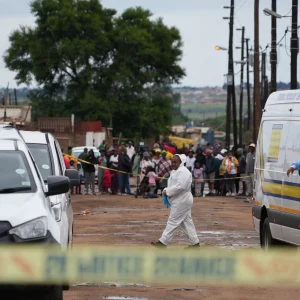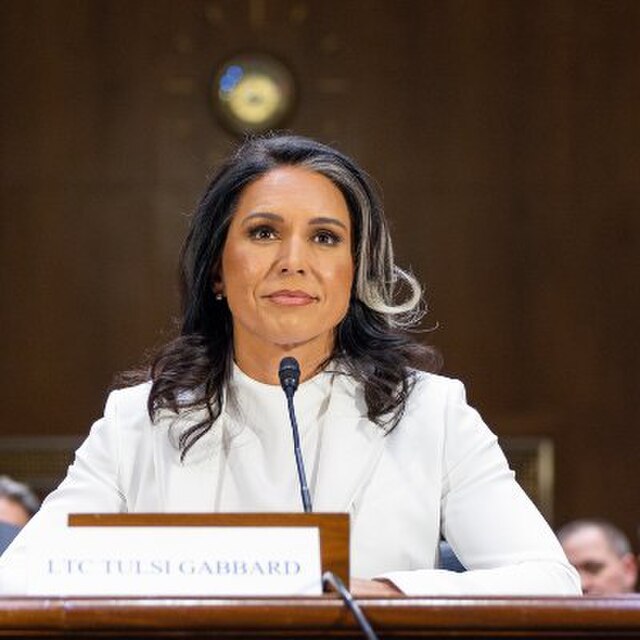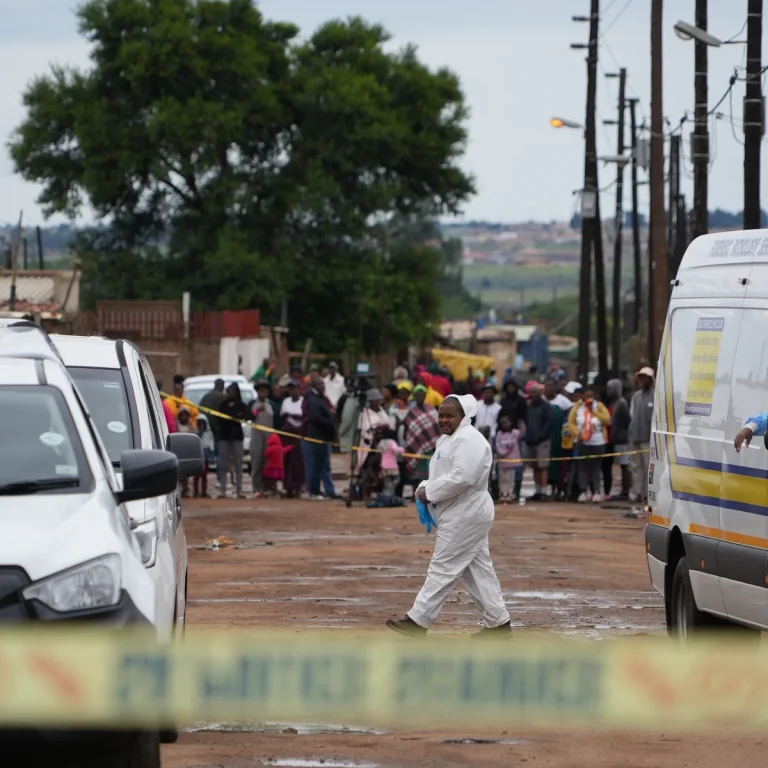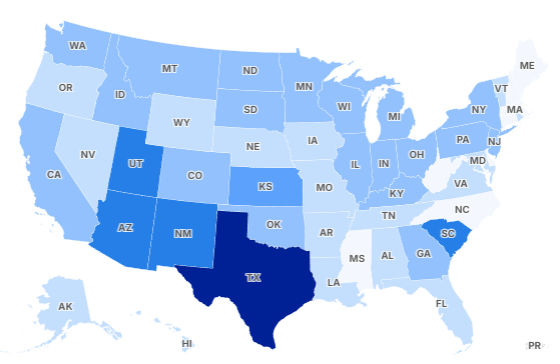Intelligence controversies run deep, often hidden by classified seals and official denials. But what if those controversies are resurrected—not by whistleblowers, but by the nation’s top intelligence official?
In a recent podcast, America’s Director of National Intelligence made remarks that have the intelligence community—and the public—rattled.
Unsettling Comments From the Pod Force One Podcast
On the “Pod Force One” podcast, hosted by Miranda Devine of the New York Post, Tulsi Gabbard turned heads. She cast doubt on the credibility of decades-old intelligence failures. Not through academic critique, but through direct, unapologetic accusation.
The Iraq War’s Intelligence Foundations Questioned
Gabbard revisited an exhaustive intelligence assessment from 2002—the one that claimed Iraq possessed weapons of mass destruction. It served as the basis for the U.S. invasion. She held one figure at the core of that failure.
“James Clapper was on the team behind that manufactured intelligence assessment,” Gabbard said.
Clapper, who led the National Geospatial-Intelligence Agency at the time, was deeply involved in interpreting satellite imagery and other geospatial data. The public justification for war, in large part, rested on information he and his team provided.
By the Book—Clapper’s Own Words
Clapper’s own words seem to support a more nuanced, if not outright flawed, narrative. In 2018, he acknowledged the failure of the intelligence community’s assumptions.
“My fingerprints are on the infamous national intelligence assessment of October 2002… we built a house of cards,” he admitted.
But skepticism and nuance invite criticism when repeated patterns emerge.
A Second Stage: Russiagate’s Resurfacing
Fast-forward to 2016. Gabbard claims Clapper’s behavior eerily resurfaced—this time in the tangled web behind the Trump-Russia collusion narrative.
“He had no problem politicizing intelligence a second time,” she asserted.
From her perspective, both the Iraq War and Russiagate represent examples of intelligence used to meet political ends—not just failed analysis.
Whistleblowers Step Forward
Behind the headlines, whistleblowers are adding weight to Gabbard’s claims. A declassified report released by the DNI staff outlines claims that Obama-led officials, including Clapper, manipulated the founding assumptions of Russiagate to falsely portray Trump as a Russian asset. Gabbard credited the whistleblowers for exposing the origins of what she called a “years-long coup.”
DOJ Opens Grand Jury Inquiry
The scenario didn’t stop there. Attorney General Pam Bondi confirmed a grand jury investigation has begun. Sources suggest it could target former intelligence leaders, investigate deeper motives, and uncover more classified documents.
Clapper’s Legacy Under Scrutiny
So far, those named—Clapper, Brennan, Comey—have publicly rejected accusations of treason or political distortion. But the public awareness of their alleged role is now part of history. Gabbard’s statements have already reframed the narratives surrounding both the Iraq War and Trump-era intelligence controversies.
The impact of a sitting DNI openly questioning her predecessors is seismic in Washington—and it raises new questions about oversight, accountability, and the power of intelligence.
https://twitter.com/VigilantFox/status/1953126714621522032

Emily Johnson is a critically acclaimed essayist and novelist known for her thought-provoking works centered on feminism, women’s rights, and modern relationships. Born and raised in Portland, Oregon, Emily grew up with a deep love of books, often spending her afternoons at her local library. She went on to study literature and gender studies at UCLA, where she became deeply involved in activism and began publishing essays in campus journals. Her debut essay collection, Voices Unbound, struck a chord with readers nationwide for its fearless exploration of gender dynamics, identity, and the challenges faced by women in contemporary society. Emily later transitioned into fiction, writing novels that balance compelling storytelling with social commentary. Her protagonists are often strong, multidimensional women navigating love, ambition, and the struggles of everyday life, making her a favorite among readers who crave authentic, relatable narratives. Critics praise her ability to merge personal intimacy with universal themes. Off the page, Emily is an advocate for women in publishing, leading workshops that encourage young female writers to embrace their voices. She lives in Seattle with her partner and two rescue cats, where she continues to write, teach, and inspire a new generation of storytellers.









